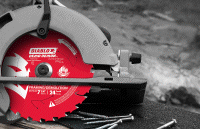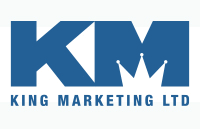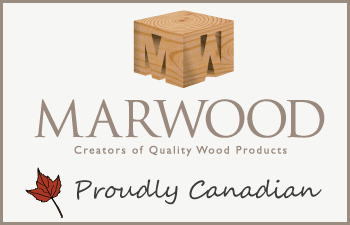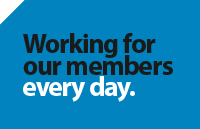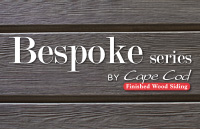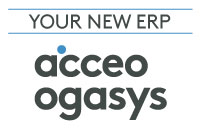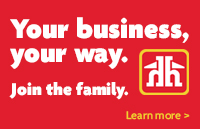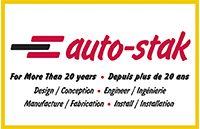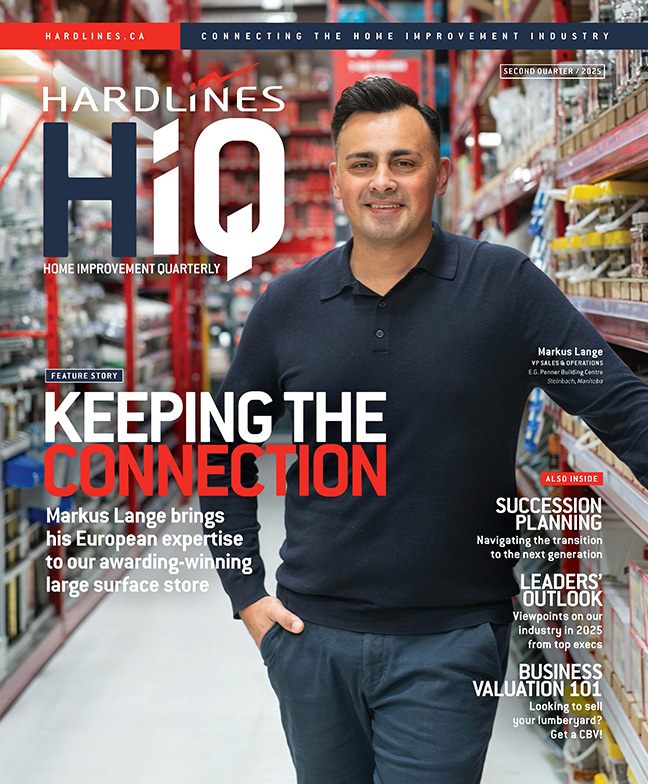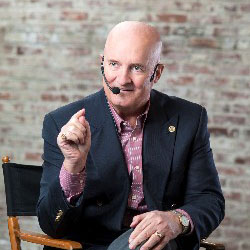 Roy Prevost is an international speaker, futurist, and business coach. He works with retail teams to help them compete better. One of the areas he focuses on is how a company can shape its core values.
Roy Prevost is an international speaker, futurist, and business coach. He works with retail teams to help them compete better. One of the areas he focuses on is how a company can shape its core values.
Many companies might have a mission statement, but it often sits in a drawer. However, it should be an integral part of a company’s operations, says Vancouver-based retail sales consultant Roy Prevost. He says mission statements are necessary, “but there has to be something more to that.” That something is a set of well-defined core values.
Prevost stumbled onto the power of core values after connecting at a conference years ago with the late Tony Hsieh, who was at the time owner and CEO of online shoe seller Zappos. Hsieh explained how his company went from zero to a billion dollars in nine years and attributed that growth to having strong core values.
Prevost recounts that Hsieh told him, “It’s the only thing that really matters to a company because its transformational and it’s foundational to a company.”
Prevost advises company leaders to develop ten core values and make them fundamental. “It’s who we are,” he says.
He typically starts with the owner or manager of the company and works with them to develop those values, but then expands the conversation to include both management and staff. “If you have your employees engaged in the process, then you have a buy-in. You can’t work in a place if they don’t share the values you have.”
Companies today need transparency, Prevost notes. That transparency extends to both staff and customers. A store’s connection with a community, so important to most dealers, should be guided by those values, which create clarity and direction.
“It goes from customer service to customer care. That’s what’s happening today in the world.”
Prevost talks about the concept of managing with care. This can be especially important for smaller dealers, who don’t have a designated HR person of their own. Managers need an emotional intelligence, or EQ, to deal with both staff and customers in an empathetic way. These skills have become even more necessary as workers must cope with angry customers—and their own concerns—under COVID.
“You have to have the highest level of emotional intelligence to deal with this kind of thing, to stand in the middle of it and understand it’s not about you, it’s about the circumstances going on in the marketplace.”
(Roy Prevost is our guest on the latest episode of our Hardlines Podcast Series, What’s in Store. He expands on the importance, and the power, of sharing the story behind those core values with new hires. Click here to sign up for our podcasts and listen to Roy’s interview.)













